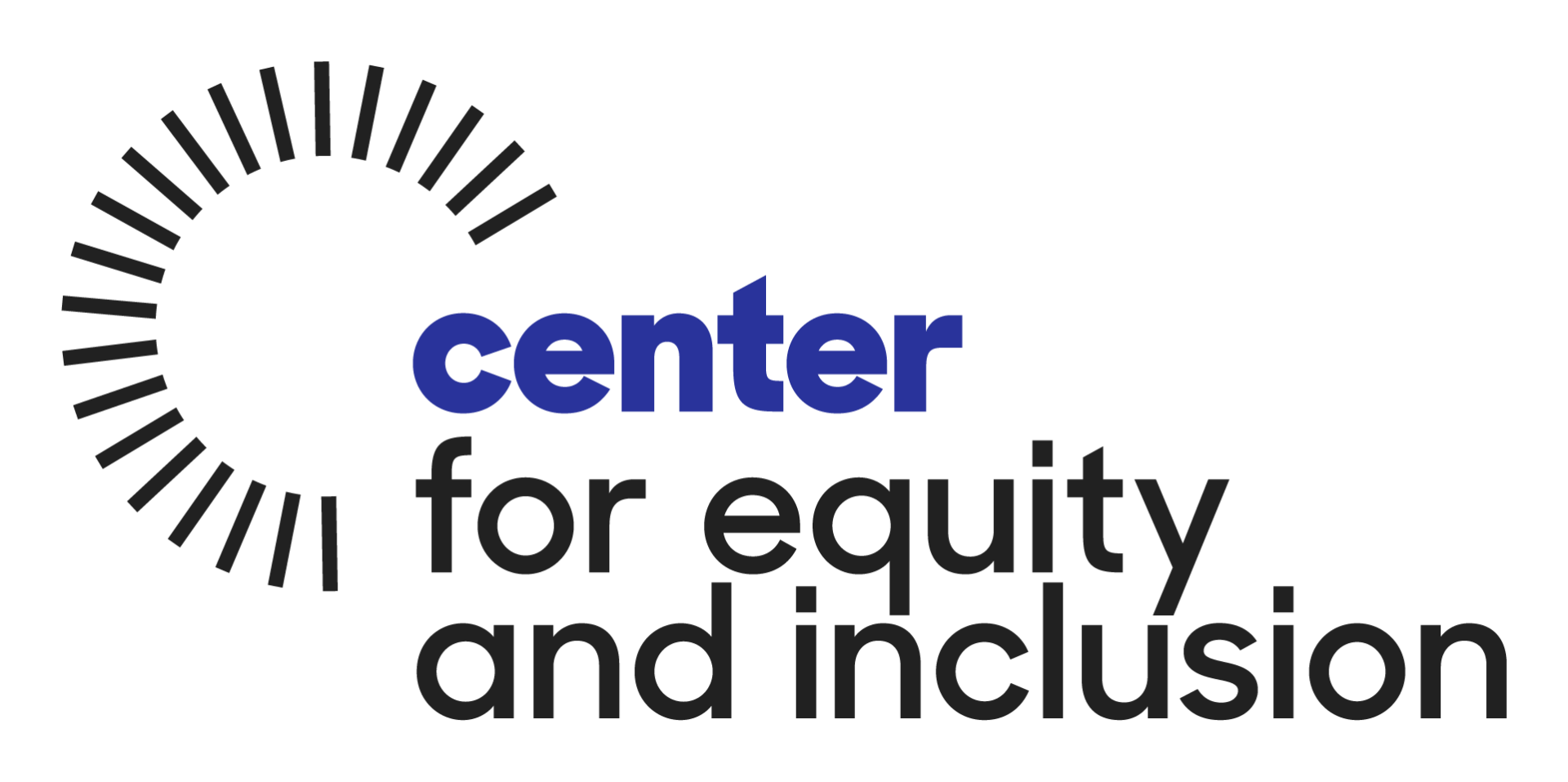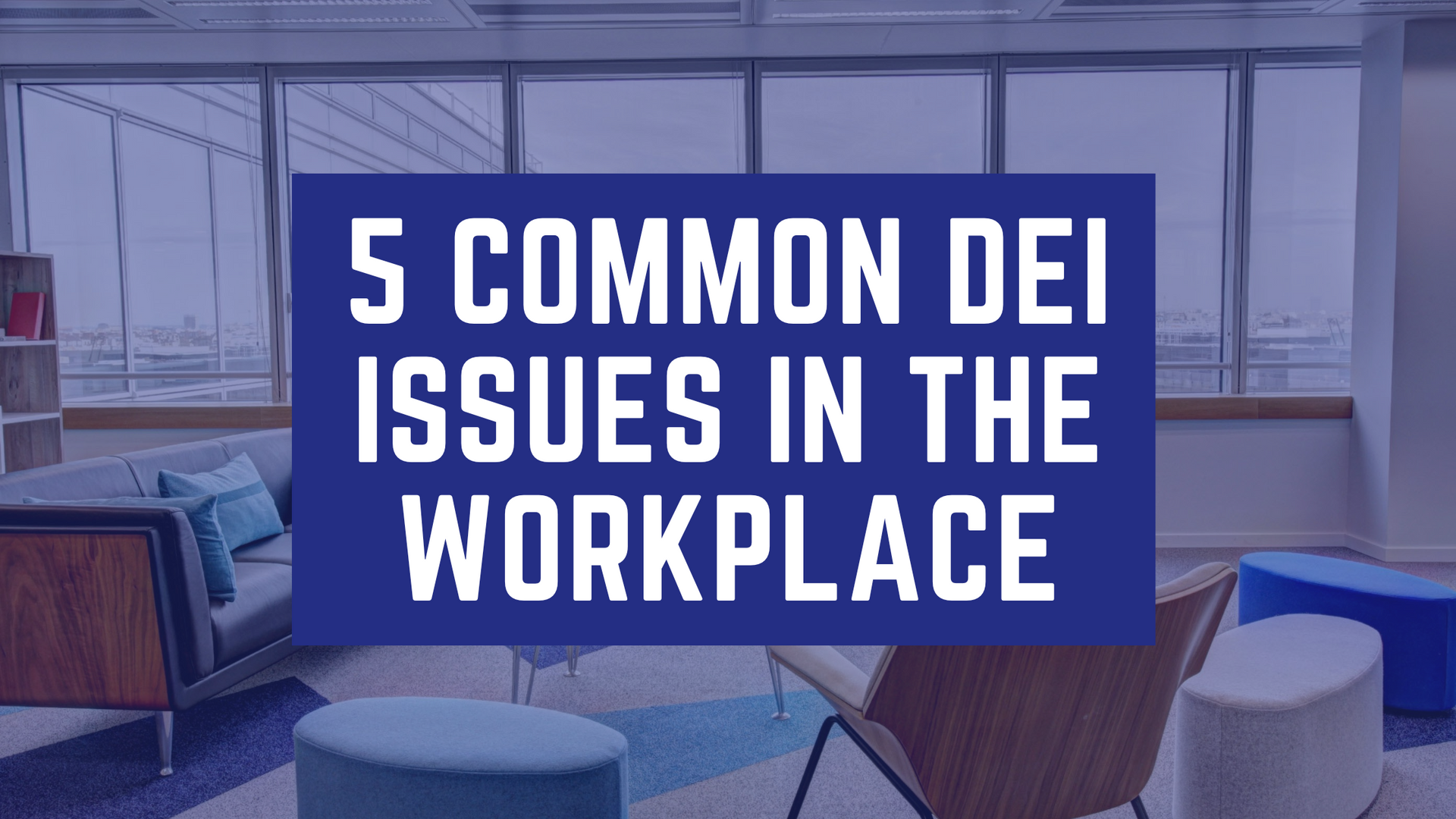“I can only guarantee you three months.” Hanif, the Center’s founder, said in his pitch to have me leave my steady employment and join the Center. It was 2015, and Hanif and Frewine were embarking upon something transformational. “Equity work” was a new thing for most organizations, and starting a consultancy focused on DEI felt uncertain and exhilarating at the same time. The possibility of empowering workplaces to see, value, and resource their employees in a new way was appealing and bold.
When this offer came to me, my life was in a place of transition. I had just returned to work from a family leave after experiencing the stillbirth of our son at 34.5 weeks. My husband, our 6-year-old son, and I were reeling, trying to find our new normal after our world was dramatically shaken. Personally, in the throes of grief, I was looking for ways to channel that energy into something meaningful.
Life's uncertainty had me pause to reflect on who I was, where I spent my time, and what I felt was important.
Whether it was a wise or a reactive part of my grief journey, I decided to take the leap.
While the experience of loss was, and still is, profound, it wasn’t the sole driving force in coming to the Center. Throughout my career, I have been in places where the workplace culture was not inclusive. Where I had to fight to be seen, valued, or heard. I can recall one time where, despite my qualifications, I was discouraged from applying for a position for a more tenured, white colleague to be promoted into it. In exchange, I would have been given an organizational-wide director role. We likely all have stories of how and where equitable practices were not centered and understand the impact it had. For me, joining the Center was also about transforming the place where we spend so much of our time and helping to cultivate spaces where people’s needs would be met. I knew we’d make it longer than three months… and we did.
Eight years later, I’m the Chief Operating Officer of the Center. My family is doing phenomenally well. We have a new joy in our life; our now 4-year-old son was born at 33 weeks and is thriving. At work, I’ve been part of every aspect of our business and have contributed, alongside incredibly talented individuals, to building the type of inclusive culture that we help cultivate for our clients. As a leader, I’ve learned that the most effective strategy to support a company and its people is simple - lead with integrity. This means leaning into core principles of authenticity, care, and transparency.
Years ago, I recall joining my first Executive Team. I was so intimidated by the individuals at that table. Was I smart enough? Did I have enough to contribute? The imposter syndrome was real. Until it wasn’t. A few meetings in, I began to see individuals for who they were, not what they represented. They were regular people with varying backgrounds and expertise, all struggling in one area or another. I never got to see that from the staff's point of view - from that perspective, they were holding everything together - they were somewhat unapproachable, smarter, decisive, had the answers, etc. How strange was the experience to be at this table and see these individuals for who they were, what they knew and didn’t know, and to see how my contributions were needed and valued. This experience offered me the freedom to step into leadership more confidently. Even now, when that imposter syndrome creeps up, I pull myself back to my early leadership experience and remember that we are just regular people - some with more power and privilege, but all with areas where we just don’t know.
I’ve found that this idea of “not knowing” contradicts how we expect leaders to be. As leaders, we are often expected (and rewarded) for knowing or figuring things out. I’ve prided myself on my ability to do just that and often make magic happen. It demonstrates a level of initiative, capability, and maybe a little superpower…and yet, when we isolate leaders in this way, there is a cost. There is a tremendous pressure to solve and to succeed. And because there is a heightened value on knowing - what happens when a leader doesn’t know or can’t meet that expectation? What meaning does a leader make about themselves, others, or their leadership? So here’s a new idea - what if “not knowing” was seen as an asset? Don’t get me wrong - this does not mean reduced expectations or lack of expertise.
Rather, what if it was simply okay for leaders not always to have the right answer and to be open to alternative perspectives?
Maybe from those who don’t even have a seat at the same table?
I know some of you will feel me on this. As I’ve gotten older and grown in my career, I’m more settled in who I am. Even more importantly - I’m clear about who I want to be: for myself, my family, my peers, and those I work with. I’ve had the privilege of being mentored and invested in by incredible professionals and friends, and have supplemented that investment with my own personal development work. While I still (and always will) position myself as a learner and be open to feedback, gone are the days when I try to force myself into a mold of traditional leadership or something I am not. I’m an introvert, prefer to stay behind the scenes, care deeply, and value multiple perspectives…there is beauty and value in leading this way and freedom in being authentic as you do it. Not only does modeling authenticity and a sense of rootedness give permission for others to show up as their real selves, but it also supports the cultivation of a more inclusive culture.
Operating with a commitment to authenticity and transparency has been a connecting experience for our team. We’ve been able to engage in truthful and sometimes hard conversations. We’ve been able to work together to brainstorm solutions or explore new ways of doing things.
Asking the team to assemble a puzzle while holding a piece in my pocket doesn’t work.
Most employees want to understand why decisions are being made, most want to help the organization succeed, and most want to feel they are contributing something valuable. Bringing staff into conversations outside their typical spheres of influence is trust-building, valuable, and worthwhile.
Some time ago, a high-performing employee told me they were ready to leave the Center for a new work experience. They didn’t have a job but had a few leads they wanted to explore. From a business perspective, this was tough news. This person is a vital part of our team, and their loss will definitely be felt. At the same time, I could appreciate the employee’s trust, openness, and transparency in proactively telling me, and was genuinely happy for them to lean into exploring a new adventure. This team member felt supported cared for, and continued to do amazing work for the company. What makes this example rare is not just that they told me - it's the ongoing conversations we’ve had about it - the conversations about our business, planning, accountability, and more. The fact that we continue to be in an open dialogue about what the future might hold without a consequence to their standing in the organization indicates we are operating inclusively and differently. If you wanted to look for new work, would you tell your supervisor? If you were a leader, how would you respond? And how much of what is happening behind the scenes will you share with your team?
I want to acknowledge that there is often tension between the values you hold around inclusive leadership and the extent to which your environment supports you living into them. For me, my work environment and values are aligned, and I can operate in this way with ease. However, this is not the case for everyone. I’ve been in different work environments where there can be very real consequences or impacts to leading against the grain. Regardless of the work environment, though - we are all in a place of choice - how we navigate that value conflict if it exists, where we spend our time, how we choose to lead, and how we contribute to inclusive workplace culture.
When you think about leadership, what comes up for you?
How have you navigated leadership and supporting an inclusive team? Let us know in the comments or on social.
contact us
We will get back to you as soon as possible.
Please try again later.
All Rights Reserved - Center for Equity and Inclusion
Center for Equity and Inclusion : 1801 NE Alberta St, Portland, OR 97211, USA | Phone : 503 451 3003



